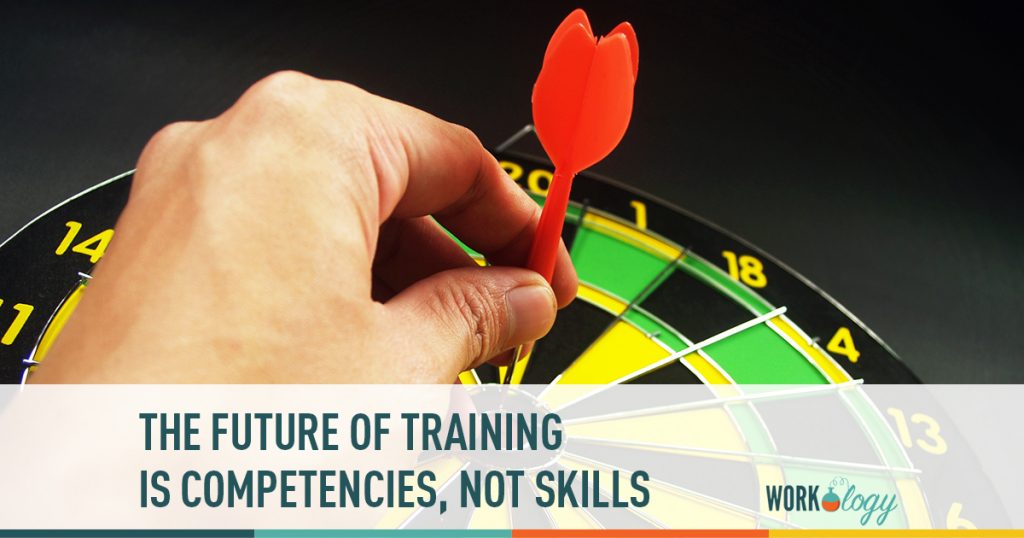The speed of change has many companies flustered and HR and training professionals wondering what needs to be done in order to keep up with changing technology. They are asking the question “How do you teach the skills of the future, when the skills of today are obsolete tomorrow?”
The Answer Is…
According to German economist, Michael Zibrowius, from the private German think-tank, the Cologne Institute for Economic Research, the answer is you don’t teach skills. Skills rapidly become outdated. What you need to teach students and employees today are the competencies they are going to need after graduation or on their first job. He says “it was not enough to know how to lay bricks on mortar; one had to understand why and how a wall functioned in the first place because ‘you may know how to build a wall in 2017, but the way to build it in 10, 20 or 30 years might be entirely different’,” according to a quote in The Straits Times from Singapore.
Application to HR
Let’s look at how this may apply to the HR skill set. SHRM today lists eight behavioral competencies in their certification materials. These include: leadership, ethical practices, business acumen, consultation, critical evaluation, relationship management, communication and global and cultural effectiveness. These do not refer to a single skill set that requires technical knowledge. For example let’s look at communication, in particular, the concept of social media use in communicating with employees.
The Future of Training Is Competencies, Not Skills
Today there are many tools that can be used in social media. Teaching someone a suite of social media tools is not an indicator for their communication abilities in the future. Sure it is important to know many of the applications that employees can and will use today, but those tools may be gone in a few short years. What is important is to understand the importance of social media and to understand the differences in various modes of communication. Being an expert in the use of Periscope may be useful now, but useless in the future. Understanding the concept of communication by live or short-lived video is more important. The tool may be gone but the concept and the behaviors may last.
Important to Learn How to Learn
What Dr. Zibrowius emphasized is the importance of continual learning. This means learning how to learn, rather than just memorizing a set of skills by rote memory. Being agile and learning to think forward about what will be important in the coming future are also key competencies. It’s why I emphasize HR professionals learning how to gauge trends and learning how to determine how they might be affected by those trends is an important ability to have.
Dr. Zibrowius says it is important to harness deeper skills and not just chase paper qualification. I could not agree with him more than I do.









One Comment
I think the sentiment expressed in this post is spot on. It doesn’t matter if you’re working in HR, the legal profession, or even construction — nothing a person learns in training can remotley prepare them for the job itself. College, high school, certification, these things are basically the tip of the ice berg. With things changing in the real world faster and faster every day, adaptability is the most valuable skill a person can have.
Comments are closed.